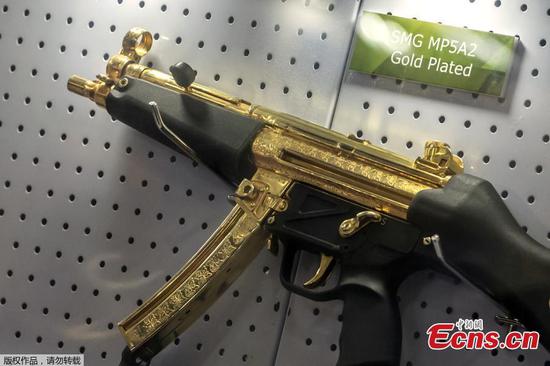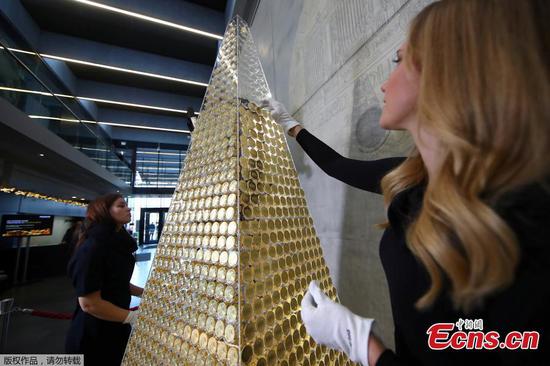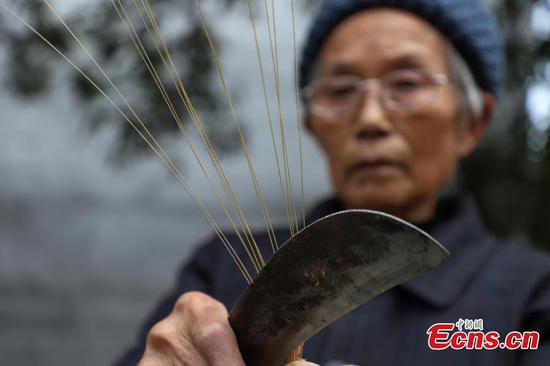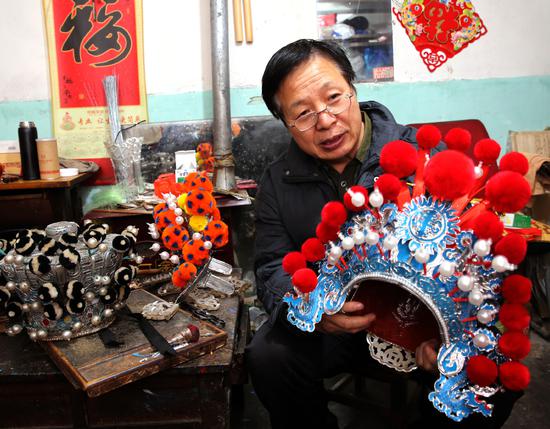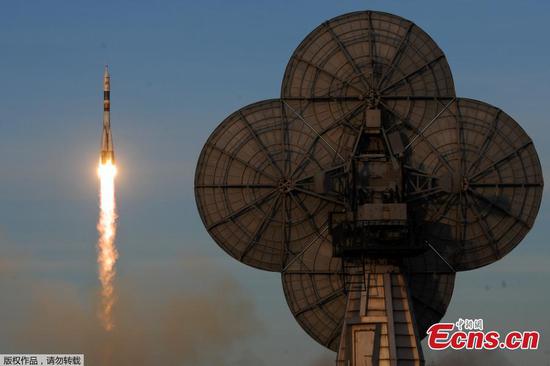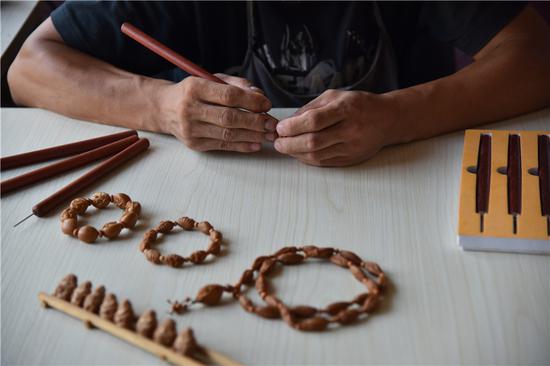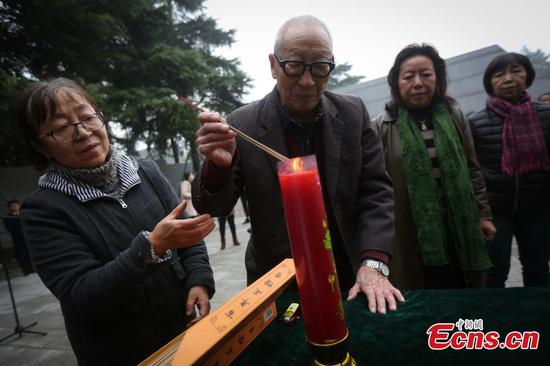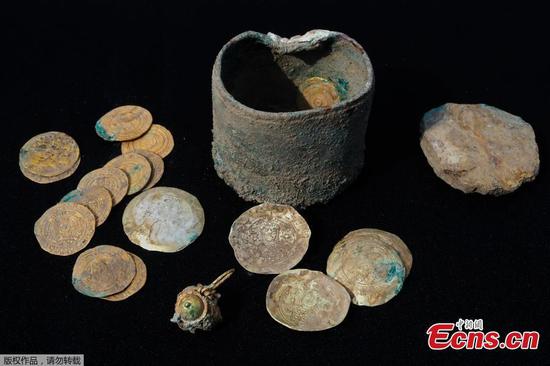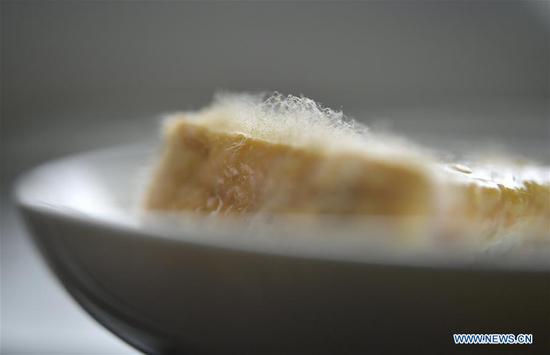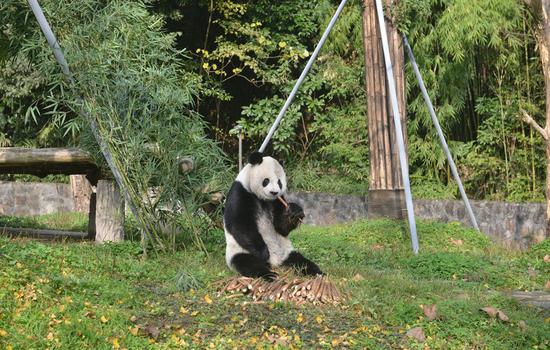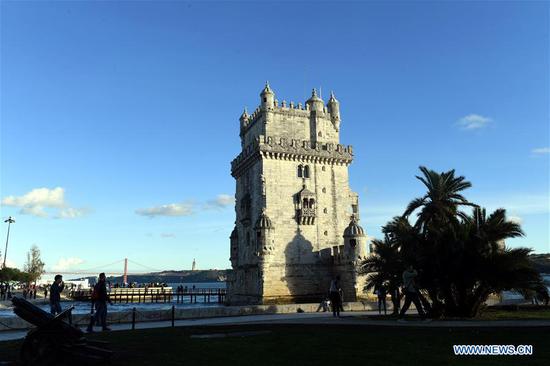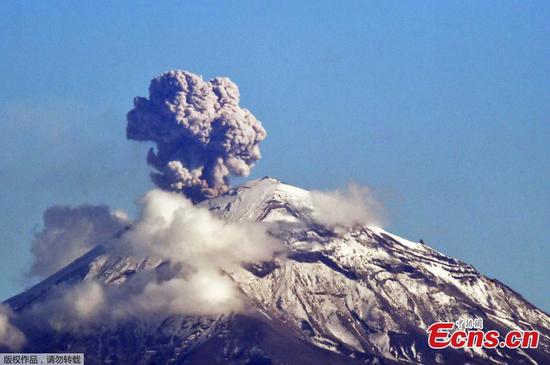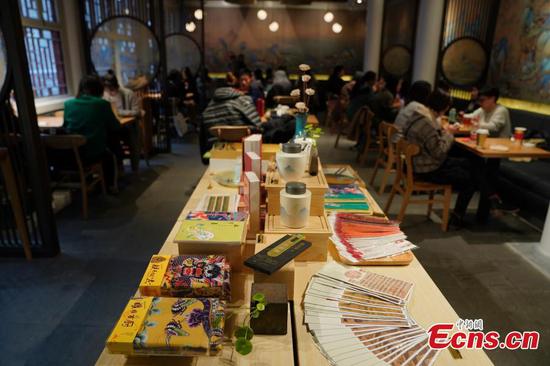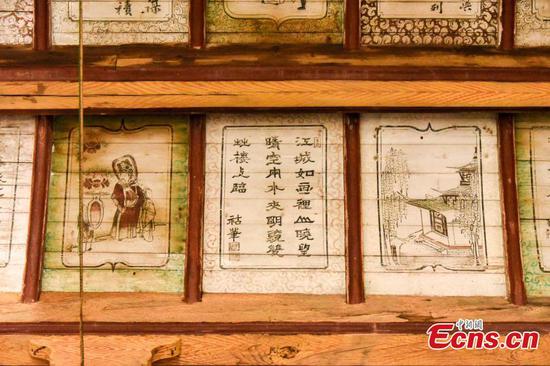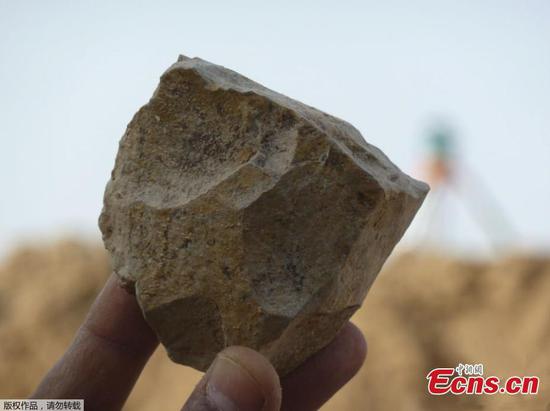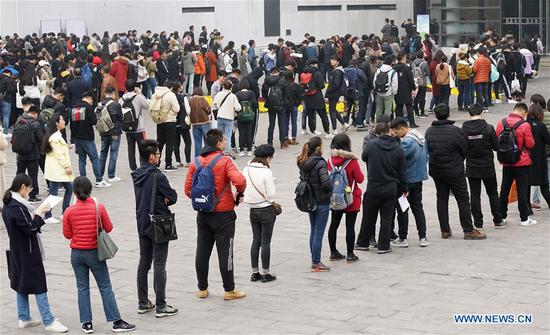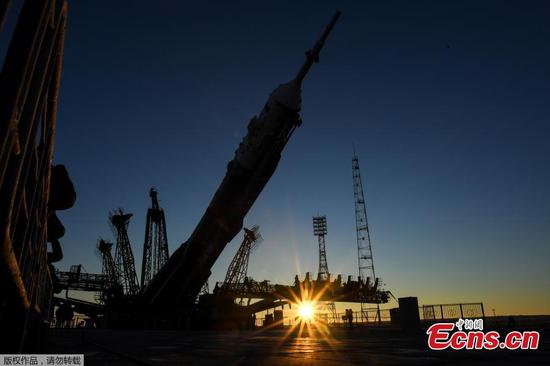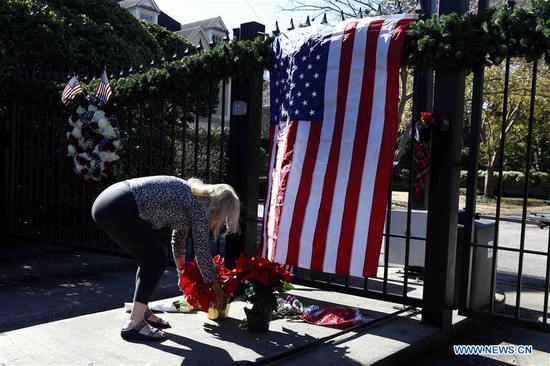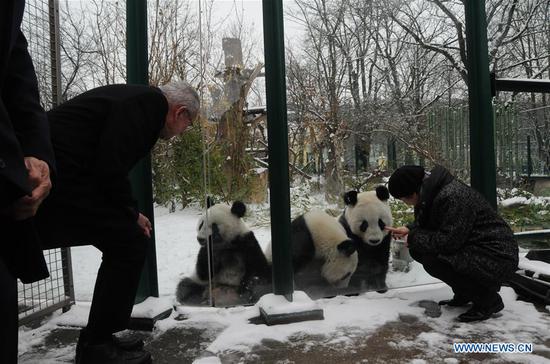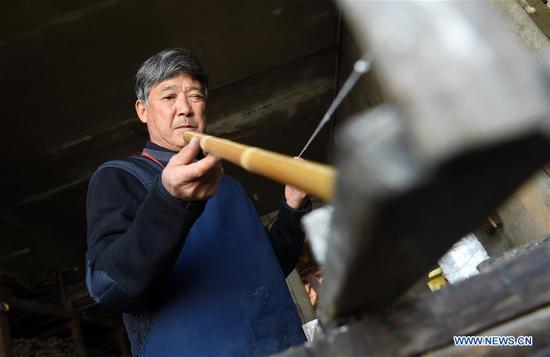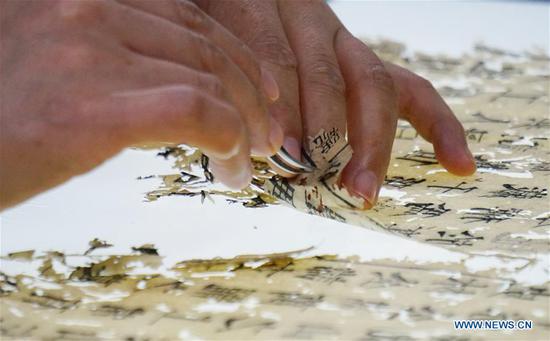The National Development and Reform Commission (NDRC), the country's top economic planner, along with 37 other government agencies, on Tuesday issued a joint memorandum on penalties for serious breaches of intellectual property rights (IPR).
The release of the memorandum, one of the most detailed documents on IPR protection issued by China, signals a further step by China to strengthen IPR protection and shows China's sincerity in addressing U.S.' concern over the issue.
The penalties include restricting capital support from the government, tightening examination of government fund applications or reducing the scale of support, as well as limiting subsidies and social security funds to companies that have breached IPR, according to a statement on the NDRC website.
Serious breaches include repeated infringement of patents or applying for patents in an "improper" way. Other outlawed practices include providing false documents and patent attorneys registering certificates in patent agencies in exchange for dividends without actually doing the work.
The memorandum also assigned specific tasks to different government agencies. For example, the People's Bank of China, the central bank, has been told to include bad IPR-related records of entities to its financial database and online credit system. The memorandum also set a short deadline for the implementation of the joint crackdown efforts.
The new rule, coming just a few days after China and the U.S. reached a truce in their trade war, sparked speculation that China is moving toward meeting U.S. demands in trade negotiations.
"There will be speculation, but no one knows for sure if it's a response to U.S. demands," Jiang Yong, an expert at the China Institutes of Contemporary International Relations in Beijing, told the Global Times Tuesday.
Jiang added that there might not necessarily be any connection between the temporary truce and the release of the announcement.
The world's two largest economies struck a deal over the weekend that puts a halt for 90 days on any further tariff hikes on Chinese goods, which will allow time for further negotiations in a bid to avert further escalation of the trade war that has already inflicted damage on both economies.
The U.S. has cited what it describes as China's lack of IPR protection as one reason behind the trade war. China has denied the accusations and has pointed frequently to progress in IPR laws and regulations over the years.
"It's just a convenient excuse for the U.S. in its drive to pressure China into giving major concessions over trade. There is no truth to it," Jiang said, noting that China has done much more to protect IPR than many other developing countries. "We don't hear the U.S. constantly carping about IPR protection in India or other developing countries."
He said that China's efforts to enhance IPR protection is not driven by "false accusations" by the U.S. but instead by "China's rising scientific and technological innovation capabilities."









